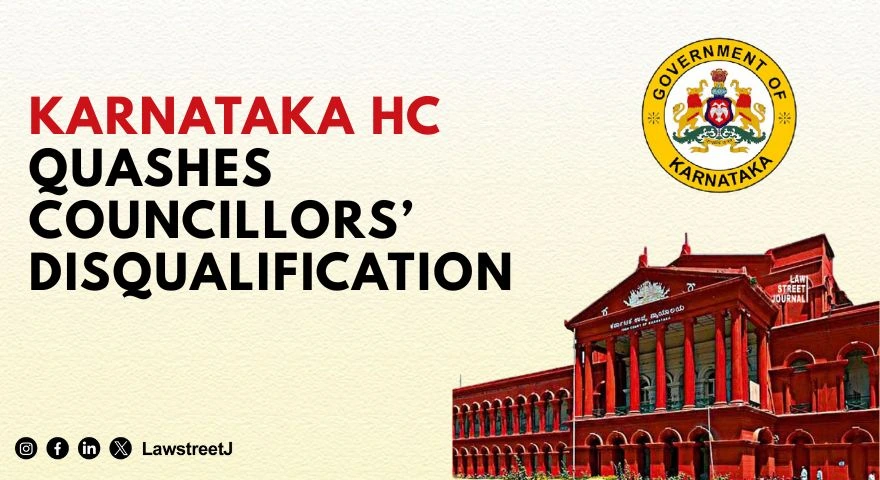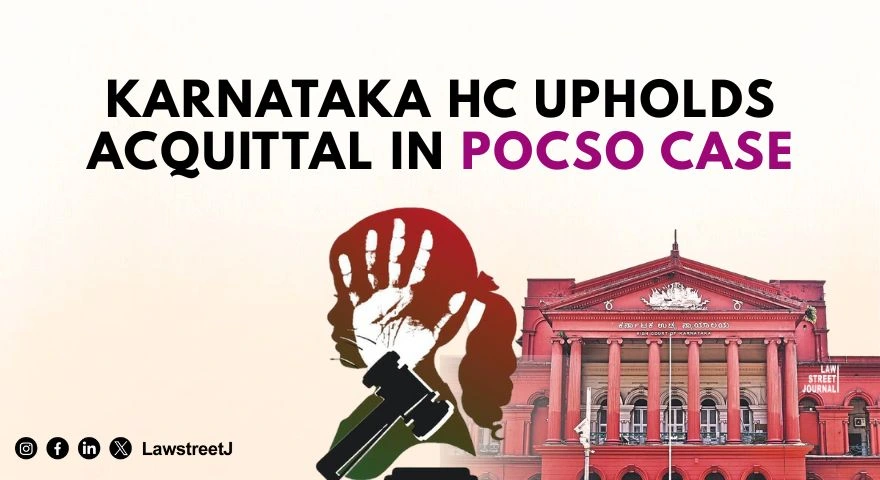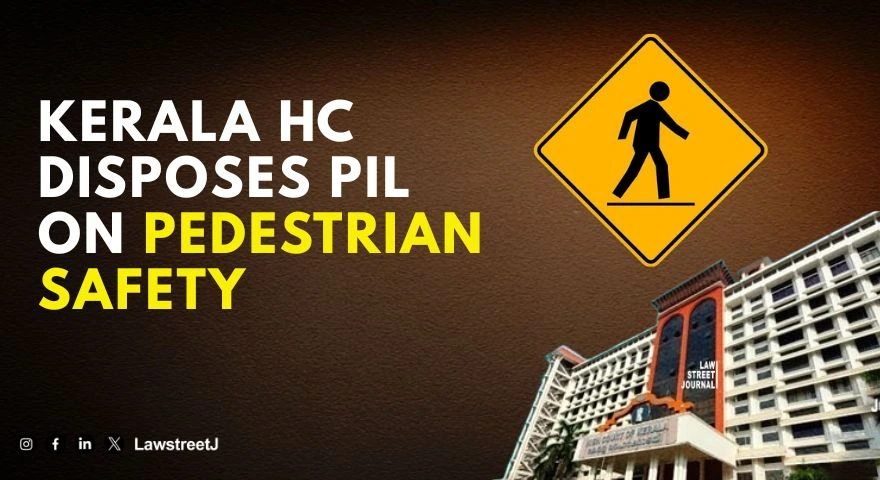The introduction of the Insolvency and Bankruptcy Code, 2016 (IBC) facilitated the simple exit along with a hassle free process in cases of insolvency of individuals and companies, making way for all stakeholders inclusive of various Government Regulators. It is always feasible to have one codified legislation to deal with the various arenas of a company. This prevents unnecessary delay, complications and heavy financial costs which were incurred earlier since there were multiple agencies dealing with the matters associated with debt, defaults, and insolvency.
Repealing of Acts prior to the IBC
Prior to the enactment of this Code, the Sick Industrial Companies Act was in effect. This Act came into existence in 1985 in connection with the industrial sickness prevalent in India in the 1980s. The economy of the country was being largely affected and hence, the Act was enacted in order to identify the sick/potentially sick companies owning industrial undertakings and take speedy remedial measures for their improvement and if not possible, close such units. SICA was repealed and replaced by the Sick Industrial Companies (Special Provisions) Act, 2003 which fixed some loopholes and focussed on ensuring that companies do not use a medical certificate just to avoid legal duties and access concessions granted to financial institutions.
Initiation of proceedings
The corporate insolvency resolution process (CIRP) is initiated by the NCLT (National Company Law Tribunal) when a company defaults on making timely payments to its creditors.. An application can be filed before the NCLT by the financial creditors under Section 7 of the IBC, 2016, by the operational creditors under Section 9 of the IBC, 2016 and the corporate debtor under Section 10 of the IBC, 2016 for initiating the insolvency resolution process in case of the occurrence of a default.
In the case of Surendra Trading Company v. Juggilal Kamlapat Jute Mills Co, the question arose as to whether the time limit prescribed for admitting or rejecting a petition for initiation of the IRP is mandatory. The NCLAT held that the 7 day period cant be extended whereas so far as the adjudicating authority is concerned, the decision to either admit or reject the application within 14 days is directory.
The operational creditors have to give a 10 day notice period under Section 8 (2) of the IBC to the corporate debtor before approaching the NCLT under Section 9 of the IBC. Nevertheless, the operational creditor can move to the NCLT directly if the corporate debtor does not repay the outstanding amount or could not show any existing difference.
Section 12 of the IBC states that the IP (insolvency process) must be concluded within 180 days of the initiation of application before the NCLT. Moreover, if the application is accepted by the NCLT, the claims of the creditors shall be frozen for a period of 6 months. This period is for the NCLT to decide the future course of action and search for ways to revive the company. Under Section 14 of the IBC no legal claim can be allowed against the corporate debtor unless a resolution plan is made or the liquidation process is initiated.
Appointment of the Resolution professional
Under this insolvency resolution process, if an interim resolution professional is appointed, the Adjudicating authority has to direct the IBBI (Insolvency and Bankruptcy Board of India) to make sure that no other disciplinary proceedings are pending against the professional.
The IP is appointed for 30 days under Section 18 of the IBC and is in charge of the debtors properties and gathers all the required information relevant to the financial status of the debtor from information utilities.
Formation of Creditors Committee and Public Announcement
Further, a public announcement is made regarding the initiation of CIRP keeping in mind, the claims of other creditors. A creditors committee is formed following the receipt of claims by way of public announcement by the IP. The minimum average dues of the operational creditors to be a part of the creditors committee is 10%. The committee has to decide within the first 7 days of its constitution with 75% majority regarding the replacement or reinstatement of the interim RP. Following the finalization by the committee, the resolution professional is appointed by the NCLT under Section 16 of the Code.
Time period for completion of CIRP
An extension of 90 days can be granted in addition to the 180 days (subject to 75% majority of votes) if the financial creditors view the case to be complicated. However, the Resolution professional (RP) is responsible solely to conduct the CIRP smoothly during the term under Section 18 of the Code.
The RP has to compile a statistics note to enable the applicant for making a resolution plan. A resolution applicant is the one who has to submit a resolution plan to the RP. This plan is submitted to the creditors committee by the RP for its approval.
Finally, the creditors committee must decide whether the repayment plans need to be modified or the assets of the company must be liquidated in order to recover dues. On failure of the committee to take a decision, assets of the debtor are liquidated to repay the creditors. However, if there is a proper resolution plan, it shall be sent to NCLT for approval and implementation.
Concluding Remarks
It is pertinent to mention that IBC is a comprehensive legislation with a quick and specific procedure to deal with insolvency. The time bound nature of the Code is the most commendable factor as the resources of the company are used correctly whether it is by payment to creditors or by winding up. The corporate body does not have to run into losses thereby preventing damage to the economy and affect each creditor. This code lives up to its legislative intent but has undergone multiple amendments which threatens the tenure of its existence.
About the author: Swetalana Rout is a 3rd year law student in DSNLU, Vizag.
Ms. Swetalana is pursuing B.A. LL.B. (Hons.) from Damodaram Sanjivayya National Law University, Visakhapatnam. She has previously worked in various law firms. Her areas of interest include Insolvency and Bankruptcy, Dispute resolution, Competition Law and IPR.










EasyLegalTax Feb 20, 2020
Nice info! Great share! Useful post Amazing write-up! https://www.easylegaltax.com/corporate-insolvency-resolution-process-easylegaltax